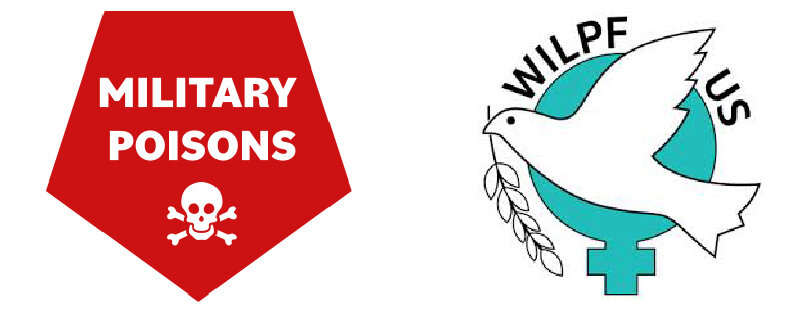Military Poisons files an environmental violation complaint with the EPA
For what it’s worth
By Pat Elder
August 30, 2021
Report Environmental Violations - Submitted
Thank you for submitting information on a possible environmental violation. The information will be reviewed by EPA enforcement personnel.
This notice will be the only response you will receive regarding your submission. Due to the sensitive manner in which enforcement information must be managed by EPA, we cannot provide status reports or updates regarding any submission we receive through the Report Environmental Violations form.
Report Confirmation
Received Aug 29, 2021 at 4:56pm EDT
Your Name Patrick J Elder
Your Email pelder@militarypoisons.org
Your Phone Number ###
Suspected Violator's Name United States Navy
Suspected Violation Location Rosecroft Rd
Suspected Violation City Lexington Park
Suspected Violation State Maryland
Suspected Violation ZIP Code 20653
Responsible Party Government/Military
Is the suspected violation still occurring? Yes
Date of Incident Ongoing
Characterized incident as: Intentional
Violation Method Release
Affected Subject(s) Water, oyster, crab, fish
Violation Description St. Inigoes Creek, St. Mary's City, Maryland.
38.159523, -76.435745
1,800 feet across the creek from the Webster Field Annex, Patuxent River Naval Air Station.
My family has been on these shores for nearly 350 years and we have always enjoyed eating the crabs, oysters, and rockfish.
In February, 2020, I teamed up with PEER, Public Employees for Environmental Responsibility, and tested the crabs, oysters and rockfish from my beach.
The results from Eurofins https://patelder.weebly.com/test-results---st-marys.html indicated that the crab backfin contained 6,650 ppt of various PFAS, the oysters contained 2,070 ppt, and the rockfish contained concentrations of 23,100 ppt.
I asked Kathy Brohawn, Environmental Program Manager, Water and Science Administration of the Maryland Department of the Environment if it is OK to eat seafood from St. Inigoes Creek where PFAS was found in the water at 1,894.4 ppt. She responded by email on February 26, 2020:
“The Maryland Department of Environment does not currently have any advisories for contaminants in oysters. The only known PFAS thresholds are associated with drinking water, where the risk of exposure is greatest. The Environmental Protection Agency (USEPA) is currently researching the issue and MDE looks for their guidance related to sampling (surface waters and fish or shellfish tissue) and standard/approved methods, as well as considering a threshold for advising the public. MDE does not have any additional information regarding PFAS levels in surface waters or oysters at this time.”
I'll ask you. Should we be eating the seafood caught from our dock in St. Inigoes Creek? Since my exchange with the state, the Navy has revealed that PFOS concentrations of 84,757 were found in the groundwater at Webster Field which has been shown to drain into our creek. File(s) Uploaded
Foam 2 feet at creek.jpg (image/jpeg)
PFAS foam on my beach. The Webster Field Annex is shown 1,800 feet across the creek.


